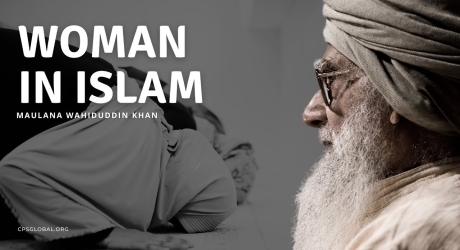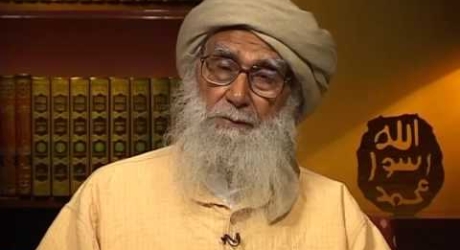Hijab in Islam
Now the question arises as to the concept of veil in Islam. Nasiruddin al-Albani, a famous scholar, has written a book titled Hijab al-Mar’ah al Muslimah fil Kitab was Sunnah. The author has discussed the subject in the light of the Quran and Hadith. He says that whenever a woman steps out of her home it is incumbent upon her to cover herself completely so as not to show any apart of her body except the face and the hands.
According to his findings the following rules of Hijab must be observed by a woman:
The whole body, except for the exempted parts should be covered. Any veil which in itself becomes an attraction is to be avoided. Garments should not be transparent. Dress should not be tight-fitting accentuating the body. The first rule of Hijab has been derived from the following verse of the Quran.
Say to believing women that they should lower their gaze and remain chaste and not reveal their adornments save what is normally apparent thereof.... (24: 31)
Allama Nasiruddin al-Albani interprets the wording “to cover their adornments except such as are normally displayed”, to mean that the hands and face are exempt from covering.
He has drawn extensively from the Hadith in support of his argument. After studying the interpretations in connection with the Quranic verses (24: 31, 33: 59) he writes: “It is clear from the instances drawn from the Quran and the Hadith that though it is preferable for a woman to cover her face, it is not compulsory for her to do so.”
“It would be better if women followed this practice, but there is no harm if they do not.” He concludes his argument with these words: “The garment should cover the entire body of a woman except the face and hands, and should not become an attraction in itself. Neither should it be thin or tight. It should not accentuate the body.”
This exemption of face, hands and feet, derived from verse 31 of chapter 24 is extremely important. This shows that Islam does not intend to stop women from going out to receive education or to work but rather desires them to observe the Islamic culture known as Hijab.







